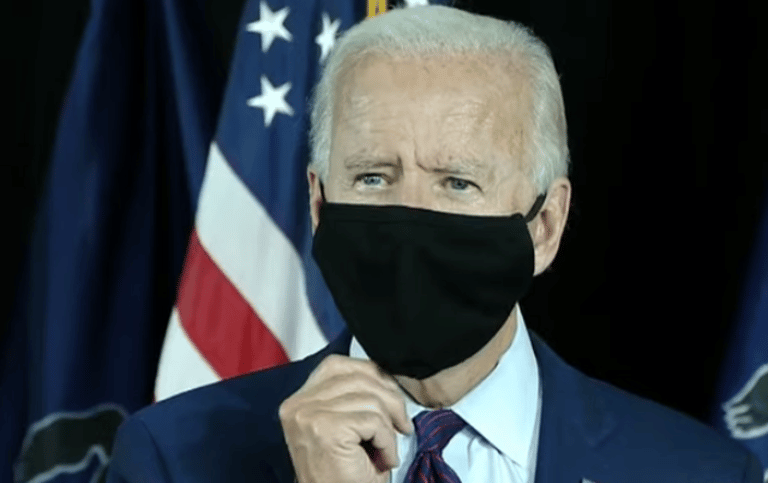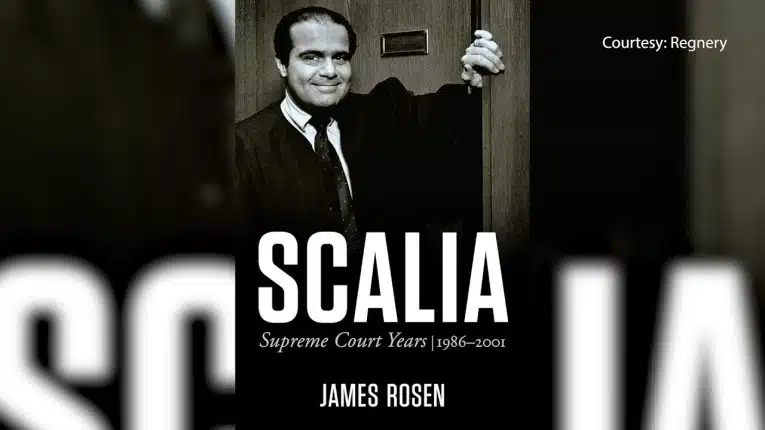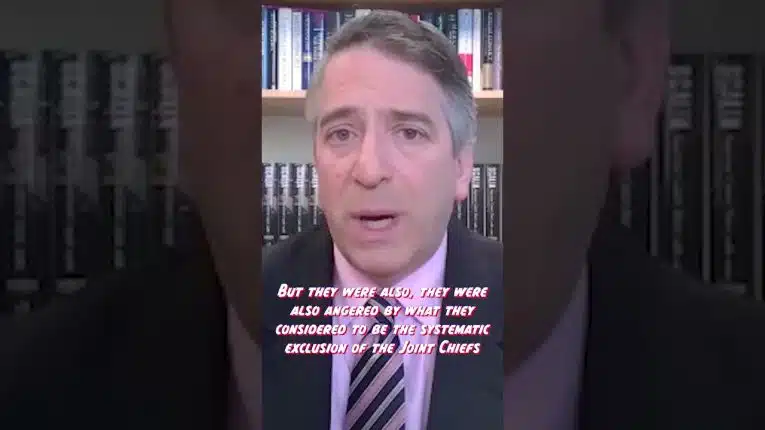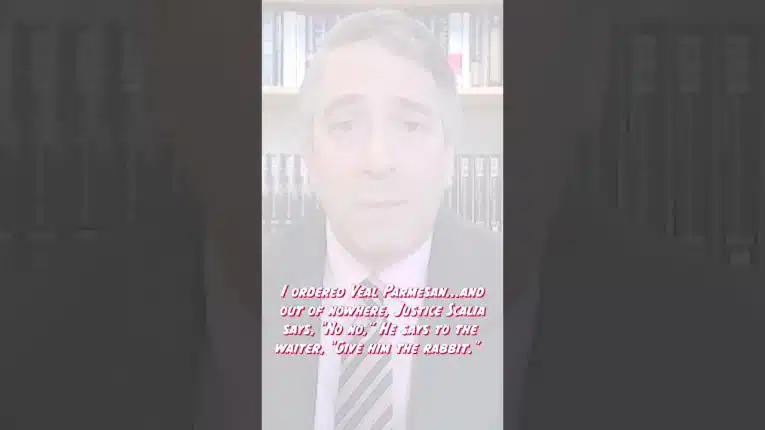
Unless action is taken by President Joe Biden to extend the national emergency declared under the National Emergencies Act for Covid, in February the emergency will finally come to an end under federal law.
National emergencies need to be extended every year in order to remain in effect at the sole discretion of the President. The Covid emergency was originally declared by former President Donald Trump on March 13, 2020. Biden has extended it twice, most recently on Feb. 18, 2022 — and he is expected to extend it again.
Additionally, the public health emergency, separate from the President’s national emergency declaration, by the Department of Health and Human Services has also been repeatedly extended by the Biden administration, and is similarly expected to be extended.
That is, even though Covid fatality rates have continued to plummet in the U.S., as weaker variants have been introduced, and new therapies and vaccines were deployed, according to the latest data from the Institutes for Health Metrics and Evaluation (IHME).
When the pandemic began, estimates cases peaked in March 2020 at 157,000 per day, and then daily fatalities peaked by April 17 at 2,328 daily, an implied 1.47 percent fatality rate.
By July 30, 2020, the fatality rate had been cut in half as daily deaths rose again to 1,107 after subsiding, out of 156,000 estimated cases per day, dropping the rate to 0.7 percent.
In the winter that followed, cases peaked at 517,000 in late Dec. 2020, with 3,458 peak deaths on Jan. 10, 2021, and the implied fatality rate had dropped to 0.67 percent before almost any vaccines had been administered.
By Sept. 13, 2021, the fatality rate dropped some more to 0.43 percent, with 2,005 daily deaths out of an estimated 465,000 cases.
This past winter, cases peaked at 5 million daily in early Jan. 2022, with 2,631 peak deaths on Jan. 24, 2022, an implied fatality rate of 0.05 percent.
By Aug. 2, 2022, daily deaths were 516 out of 1.6 million estimated cases daily that peaked a few weeks prior, a 0.03 percent Covid fatality rate.
Finally, for this cold and flu season, fatalities in the U.S. are expected to reach 645 daily deaths on Jan. 11, out of 1.6 million peak daily new cases, a 0.037 percent fatality rate.
In short, the original Covid variant that was so deadly in 2020—leading to economic lockdowns globally and locally here in the U.S., millions of jobs lost and a massive albeit short-lived recession—is no longer the dominant strain of the virus. The virus we have now much weaker and less deadly.
Meaning, the emergency that existed in 2020 may no longer be relevant the current situation with the virus. The pandemic is over. President Joe Biden should end it as soon as possible.
To help that along, a discharge petition led by U.S. Rep. Paul Gosar (R-Ariz.) for H. J. Res. 46 would have ended the national emergency declaration reached 132 signatures before the end of the last Congress, according the Office of the Clerk of the U.S. House of Representatives, but former House Speaker Nancy Pelosi (D-Calif.) never let it come to the floor. Companion legislation already passed the U.S. Senate narrowly by a 48 to 47 vote on March 3. And then a similar resolution passed 61 to 37 in Nov. 2023.
In March, when the Senate passed its version of the Gosar-led measure, Gosar blasted Biden for extending the emergency and keeping America locked in a state of fear: “All across America mask mandates are being lifted and normal life is beginning to return. Yet, Mr. Biden recently extended the COVID-19 national emergency for another year despite painting an optimistic portrait of life for Americans after COVID-19 during his recent State of the Union address. The extraordinary powers given to Mr. Biden to deal with the pandemic are no longer justified.”
Gosar noted the extensive powers these declarations give the executive branch: “Under the current COVID-19 national emergency declaration, more than 120 emergency statutory powers can be invoked by Mr. Biden, including the power to draft Americans without consent, raising Dr. Fauci’s salary, further barricading the United States Capitol, and placing the Public Health Service under military control.”
Despite the progress in the Senate, the House under Speaker Nancy Pelosi (D-Calif.) is another matter entirely. Gosar noted, “Twice I have moved to terminate the national emergency and both times Nancy Pelosi changed the rules of the entire House to prevent this from happening.”
Gosar is right to raise this question. Emergency powers should not be treated lightly, and to the extent that they were justified then, the House should vote on whether they are justified today. As soon as Congress gets to work this year, there is absolutely no reason that every member of the House shouldn’t sign the Gosar petition to discharge whatever version of H. J. Res. 46 is offered this year by Gosar. It’s time to move on with our lives.
Robert Romano is the Vice President of Public Policy at Americans for Limited Government.






